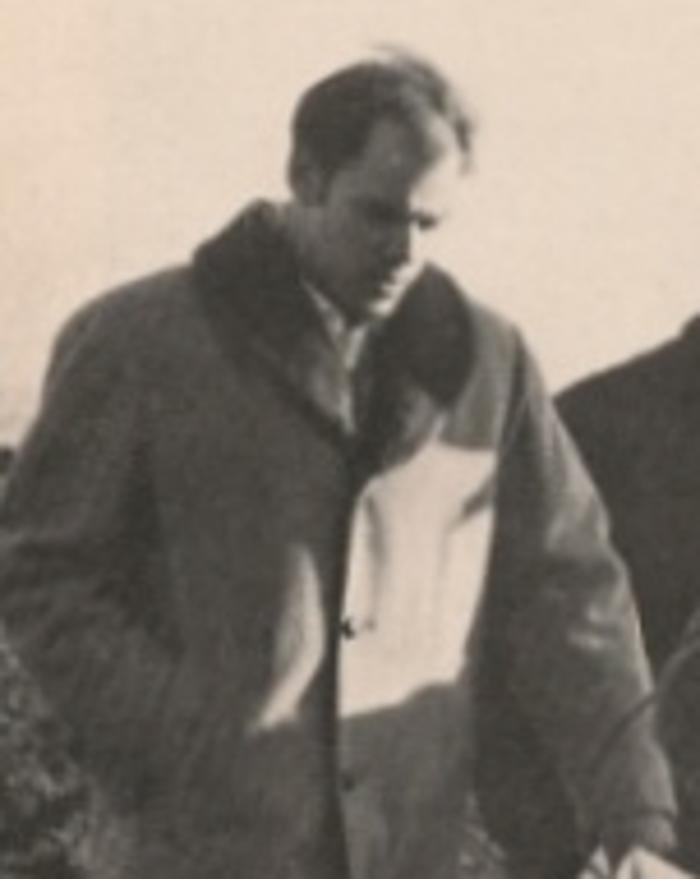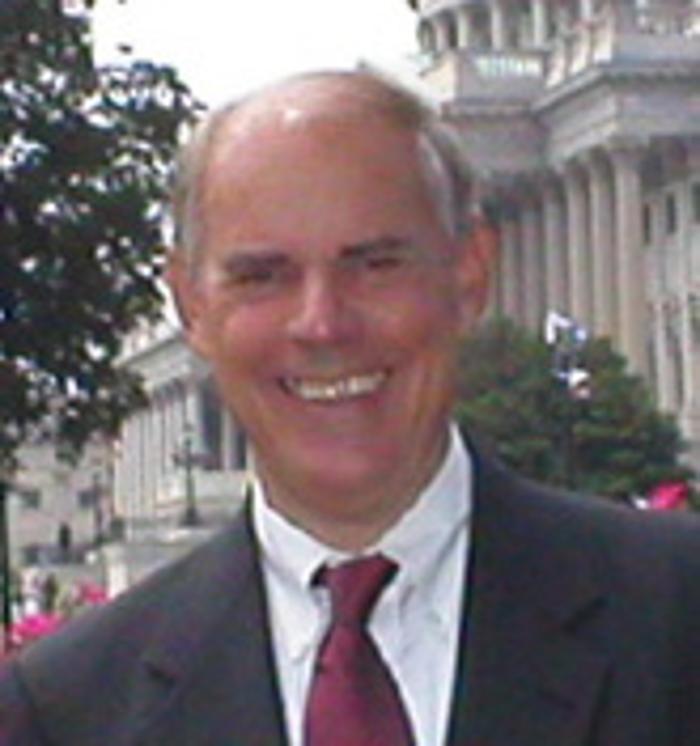John-Stegeman
Then:
Northwestern PhD candidate in Biology, founding member of NSBE, part of NSBE's Speakers Bureau. After his Ph.D. went to Woods Hole, Massachusetts as a post-doc.

Now:
Currently is Sr. Scientist at the Woods Hole Oceanographic Institution and Director of the NSF/NIEHS Woods Hole Center for Oceans and Human Health; Lifetime National Associate of the National Research Council; D.Sc. (honoris causa), Gothenburg University, Sweden. Dr. Stegeman has pioneered development of biomarkers and studies on alterations of biochemical systems as sensitive indicators of environmental contamination. He has authored or co-authored approximately 300 publications dealing with biochemistry and molecular biology of responses to chemicals. His research has included studies of carcinogenesis in fish in polluted environments, and molecular biomarkers of fish, birds, whales and humans, and the mechanisms by which chemicals act to cause disease.

How did you get involved with NSBE?
To tell you the truth, I don't remember exactly. But I've always been the kind of person who likes to get involved - I knew Jim as a fellow grad student from Cresap (Biology), and I'd heard about a meeting - this would have been in the early beginnings of the organization. All the graduate students in biology knew each other, of course. Many of the NSBE members were based in the Biology Department. Larry Gilbert, one of the biology faculty became an NSBE adviser.
What are your memories of the Project Survival event?
It was crowded, long and a lot of fun! I think that's what a lot of people remember. It really was the first major event of its kind - well before Earth Day. It was a much bigger event for us then the first Earth Day. Did it have a lasting effect? I don't know. It certainly did for us. But we did have some influence in the city - I attended a Cook County Democratic Committee meeting along with Casey. We stood right next to Mayor Daley. They'd asked us to come make a statement. There were some candidates for the Metropolitan Sanitary District that the NSBE organization wanted to support.
Did any of this have an effect on your career?
Over the years I have thought about this question and am surprised that much of my career has been devoted to research on environmental concerns, particularly contaminant effects on health, among the issues discussed in Project Survival. It also amazes me that so many of us in NSBE have had careers involving environmental concerns. You know, science creates a community and some of us who were involved with NSBE but have had different scientific interests now find ourselves interacting. Larry Gilbert, who was chair of the biology department when all this was going on, moved to UNC in the 80's. He has worked on insect development and molting throughout his career, and I was out here working on enzymes in the liver - but today Larry and I are working on some very similar things, and have discussed collaborating. I wouldn't say that NSBE directed my career, but it's interesting that I've become a toxicologist here at Woods Hole.
As you know, my wife, Betsy was also a student at Northwestern at the time. She got involved in NSBE because of a friend who came to that same early meeting of NSBE and insisted that Betsy come along. So Betsy came, and as I recall she brought her knitting and knitted through the whole meeting. But she got involved. She became the treasurer of NSBE - she's very good with money. Needless to say, I am very glad she got involved! (John and Betsy Stegeman and Charles and Gretchen Sigwart are both married couples who met through NSBE).***
Eventually these committed NSBE activists/students had to get back to their graduate studies.
John remembers: "My adviser (still at NU) said something like, ‘What have you been doing? Why aren't you in the lab?' All this took close to a year out of people's grad programs - we weren't doing anything but NSBE work."
What they were doing in NSBE was environmental research and outreach which had immediate and long lasting practical applications: giving speeches, attending meetings, effecting policy change and raising awareness of some of the most pivotal issues of the time - issues that we continue to grapple with as a nation.
